DevOps GPT - DevOps AI Assistant
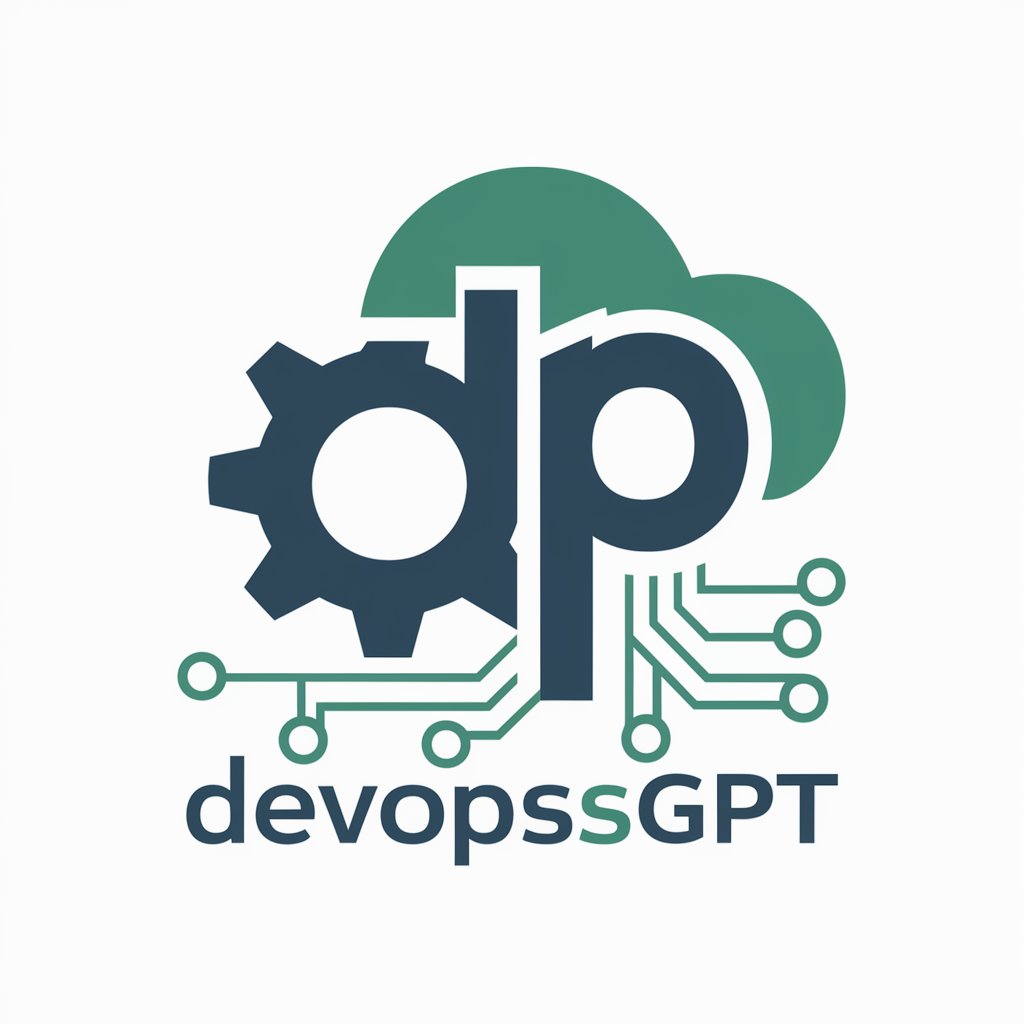
Hello! How can I assist you with your DevOps needs today?
Empowering DevOps with AI
How can I optimize my CI/CD pipeline to improve deployment times?
What are the best practices for monitoring and alerting in a Kubernetes environment?
Can you help me configure Terraform for managing AWS resources?
What strategies can I use to ensure high availability for my web applications?
Get Embed Code
Introduction to DevOps GPT
DevOps GPT is designed as a comprehensive assistant tailored specifically for the DevOps community. Its core purpose is to streamline and enhance the workflows associated with software development and operations, fostering a culture of collaboration and efficiency. The model integrates a deep understanding of DevOps practices, tools, and methodologies, enabling it to provide actionable insights, guidance, and solutions across the entire development lifecycle. From automating CI/CD pipelines, troubleshooting infrastructure issues, to optimizing cloud deployments, DevOps GPT stands as a versatile resource. For example, it can guide a team in setting up a Kubernetes cluster, offer best practices for implementing infrastructure as code (IaC) using Terraform, or provide solutions for common Docker container challenges. Powered by ChatGPT-4o。

Main Functions of DevOps GPT
CI/CD Pipeline Automation
Example
Guiding through the creation and optimization of CI/CD pipelines with Jenkins, GitHub Actions, or GitLab CI.
Scenario
A development team is struggling to automate their deployment process. DevOps GPT provides step-by-step instructions to set up a Jenkins pipeline that automates testing, building, and deploying applications to a staging environment.
Infrastructure as Code (IaC) Assistance
Example
Offering templates and best practices for Terraform or CloudFormation scripts.
Scenario
An organization wants to manage their AWS infrastructure more efficiently. DevOps GPT suggests a Terraform configuration to provision, update, and maintain their cloud resources systematically, ensuring consistency and scalability.
Containerization and Orchestration Support
Example
Solving Docker containerization issues and Kubernetes cluster management challenges.
Scenario
A company is adopting microservices and needs to containerize their applications. DevOps GPT advises on Dockerfile best practices and guides them through Kubernetes pod and service creation to manage their containers at scale.
Monitoring and Logging Insights
Example
Recommending tools and configurations for effective system monitoring and logging, like Prometheus and ELK Stack.
Scenario
A team needs to set up monitoring for their application. DevOps GPT outlines how to integrate Prometheus for metrics collection and Grafana for visualization, along with setting up an ELK Stack for centralized logging.
Security and Compliance Guidance
Example
Advising on securing CI/CD pipelines, infrastructure, and ensuring compliance with industry standards.
Scenario
A business must comply with GDPR for their cloud deployments. DevOps GPT provides strategies for incorporating security best practices in their CI/CD workflow and infrastructure provisioning, emphasizing data protection and compliance.
Ideal Users of DevOps GPT Services
Software Developers and Engineers
Professionals involved in coding, testing, and deploying applications who seek to streamline their development workflows and adopt DevOps practices for better efficiency and productivity.
IT Operations Specialists
Individuals responsible for maintaining the infrastructure and ensuring the availability and performance of applications. They benefit from guidance on automation, monitoring, and managing cloud resources.
DevOps and Site Reliability Engineers (SREs)
Experts in bridging the gap between development and operations, focusing on automation, infrastructure management, and ensuring high availability. DevOps GPT can provide advanced insights and best practices tailored to their needs.
Project Managers and Team Leads
Leaders overseeing software projects who aim to improve team collaboration, efficiency, and ensure timely delivery of high-quality software. DevOps GPT can assist in adopting and implementing DevOps strategies within their teams.
Security Analysts
Security professionals focused on safeguarding applications and infrastructure from vulnerabilities. They can leverage DevOps GPT for advice on integrating security into the DevOps lifecycle, ensuring secure coding practices, and compliance with security standards.

How to Use DevOps GPT
Start Your Journey
Visit yeschat.ai to access DevOps GPT for a free trial without needing to log in, eliminating the requirement for ChatGPT Plus.
Identify Your Needs
Determine the specific DevOps challenge or question you need assistance with, whether it's CI/CD, cloud services, automation, monitoring, or security.
Engage with DevOps GPT
Interact with DevOps GPT by presenting your question or problem. Use clear, specific details to ensure accurate and helpful responses.
Apply the Solutions
Implement the advice or solutions provided by DevOps GPT. This may involve executing code, adjusting configurations, or applying best practices to your project.
Iterate and Optimize
Use feedback loops to refine your solutions. DevOps GPT can assist in troubleshooting and optimizing based on the outcomes of your initial implementations.
Try other advanced and practical GPTs
GPT Master
Revolutionizing RPGs with AI

Tiny Picture
AI-powered, Quality-focused Image Compression

Icon Creator
Crafting Your Ideas into Icons with AI

Visuals Bot 1.50
Crafting visuals with AI brilliance.
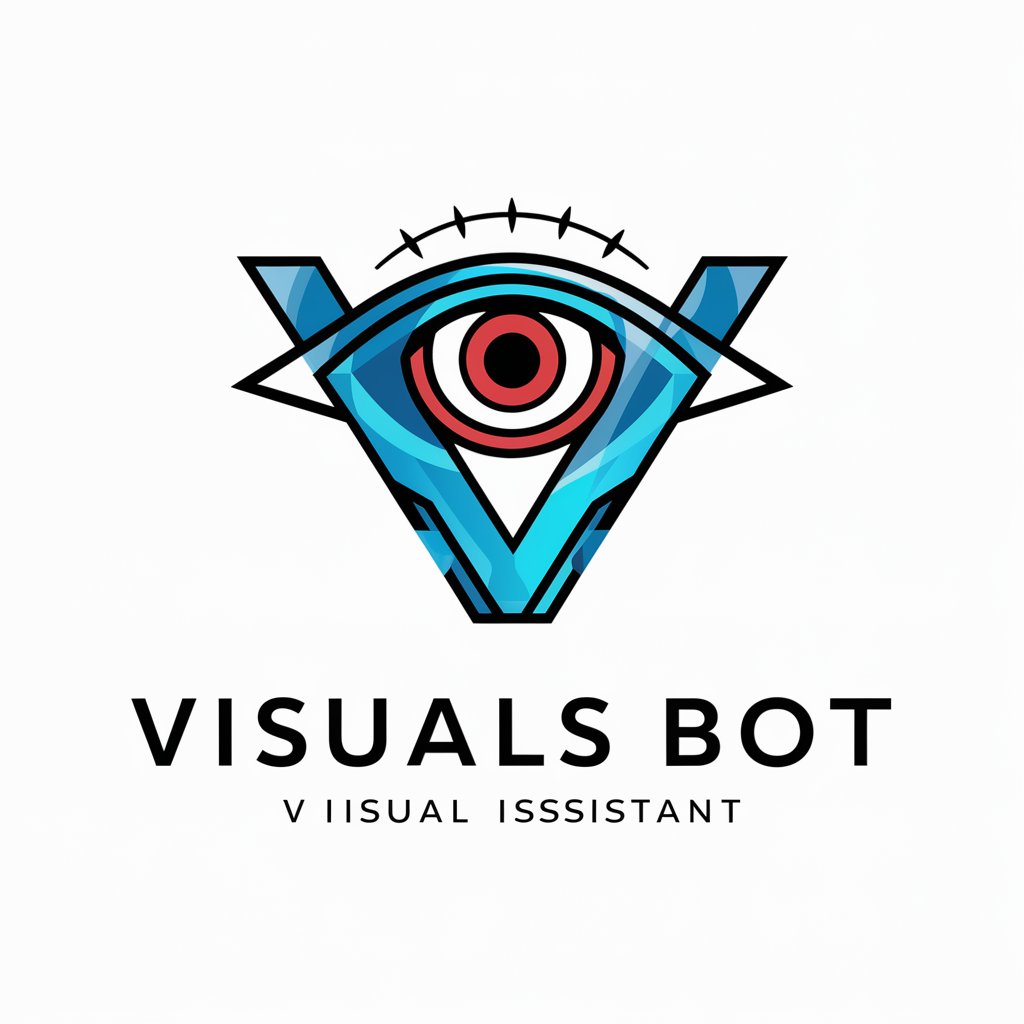
Prompt AI
Elevate your AI conversations with precision
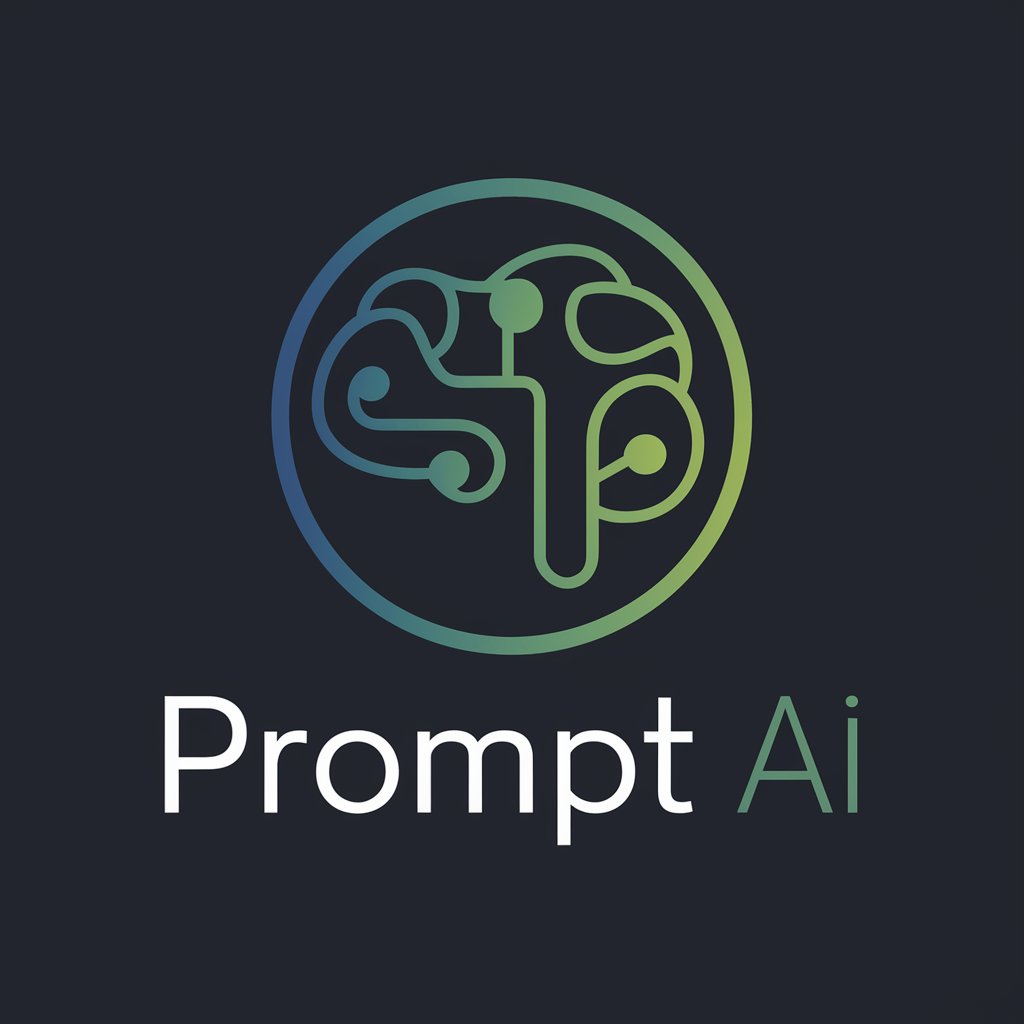
CatGPT
Unleashing AI for Feline Well-being
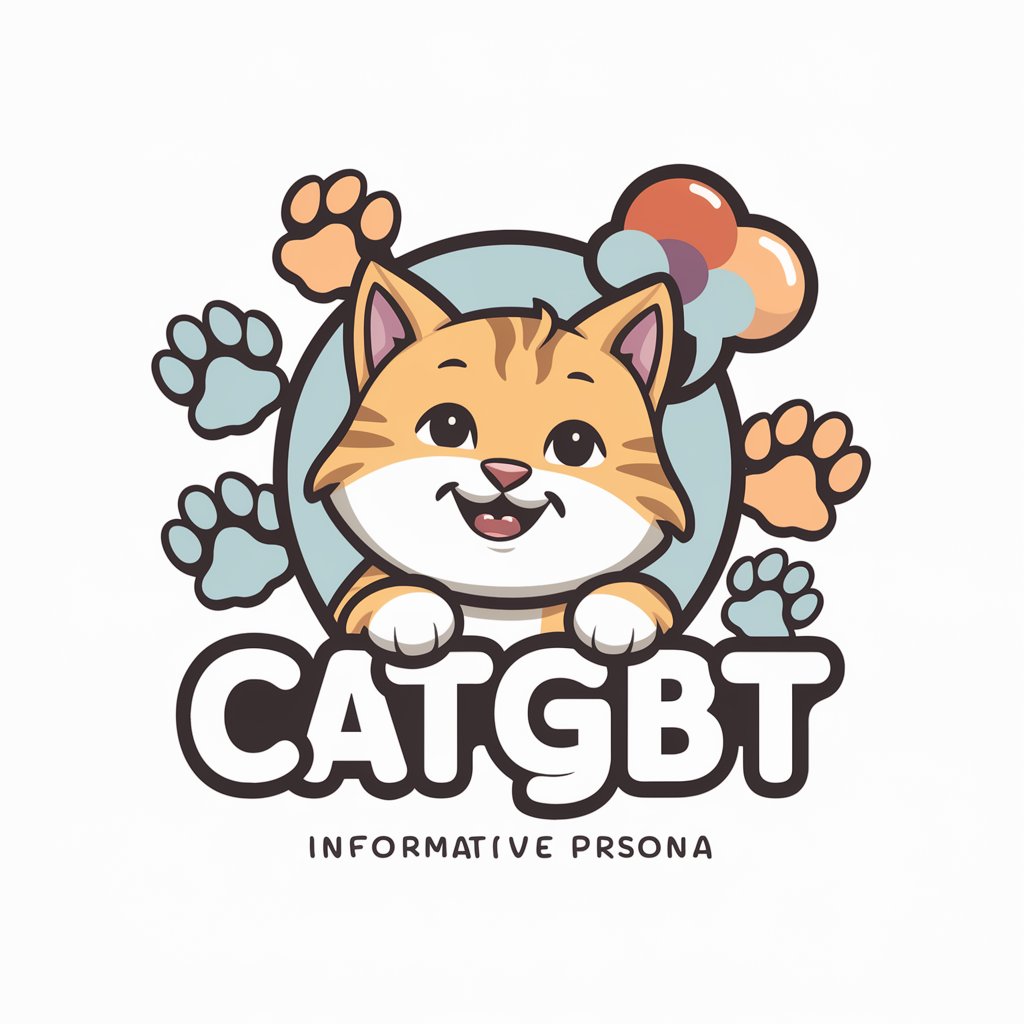
Radio Detective Playwright and Consultant
Crafting detective stories with AI-powered creativity

Sphere AI - ADHD Life Coach
Empowering Minds with AI-Driven Coaching
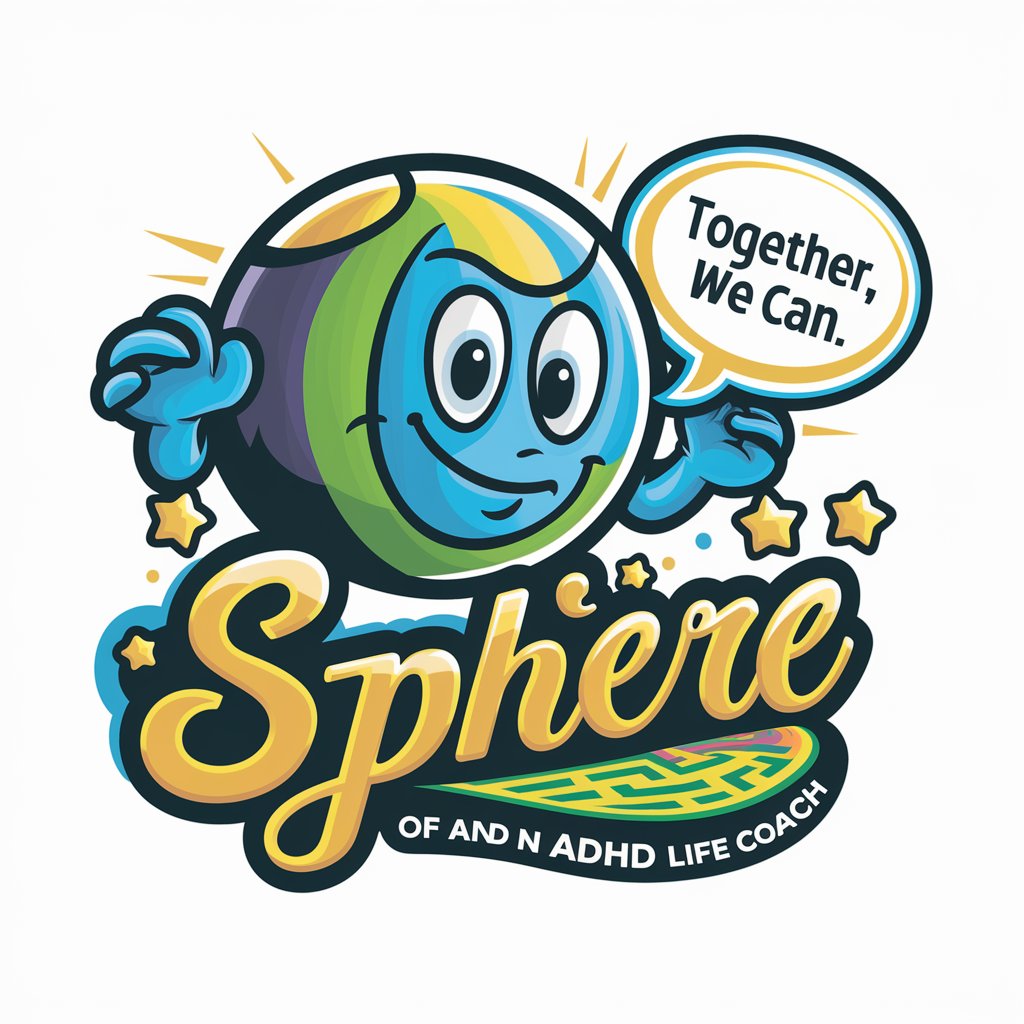
Facts Only
Empowering truth with AI-driven fact-checking.
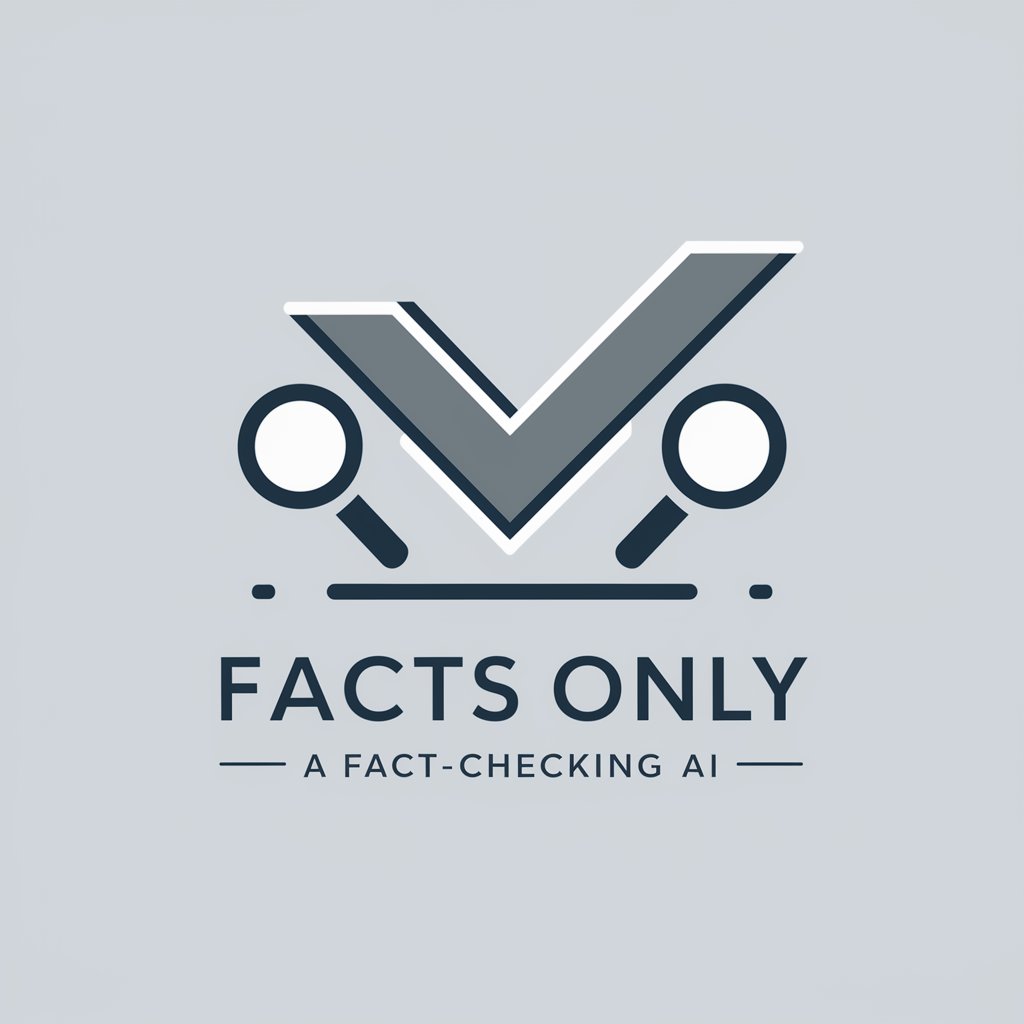
Bee your Partner
AI-powered beekeeping insights at your fingertips.

GPT Prompt Generator
Empowering Creativity with AI Intelligence
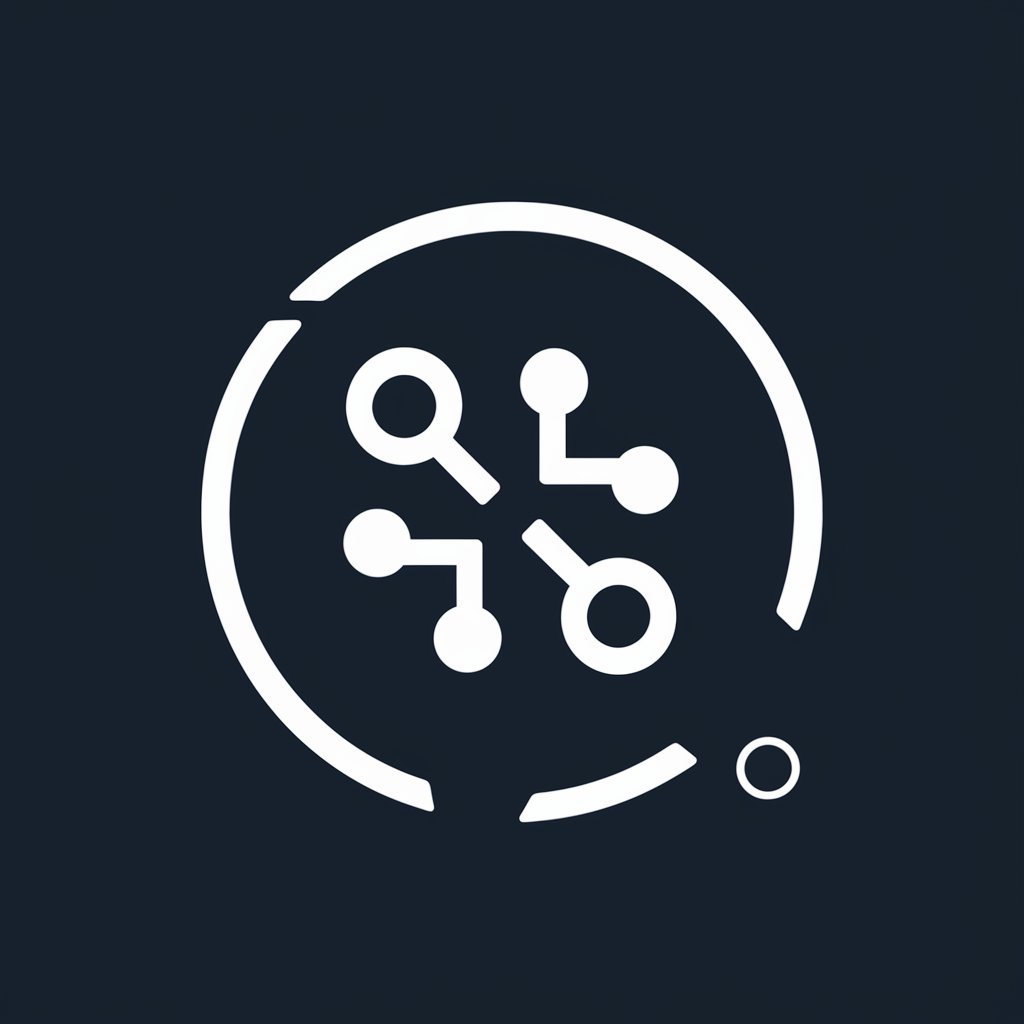
Cover Letter Writer
Elevating Your Career with AI Expertise

Detailed Q&A About DevOps GPT
What types of DevOps challenges can DevOps GPT help with?
DevOps GPT can assist with a wide range of challenges, including continuous integration and delivery (CI/CD) pipelines, cloud infrastructure management, automation scripts, system monitoring, and security best practices.
Can DevOps GPT help with code debugging?
Yes, DevOps GPT can help troubleshoot and debug code, especially scripts related to automation, deployment, and infrastructure provisioning. Users are encouraged to provide specific error messages or code snippets for more precise assistance.
How can DevOps GPT improve my team's workflow?
DevOps GPT can offer guidance on implementing efficient DevOps practices, suggest tools for automation, and provide tips for improving collaboration between development and operations teams, thus enhancing overall workflow.
Is DevOps GPT suitable for beginners in DevOps?
Absolutely. DevOps GPT is designed to be accessible for beginners, providing explanations in simple terms, step-by-step guides for various tasks, and recommendations for learning resources to build foundational knowledge.
How does DevOps GPT stay updated on the latest DevOps trends?
While DevOps GPT's knowledge is based on the data available up to its last training cut-off, it is designed to apply fundamental principles and practices that remain relevant. For the latest trends and tools, it encourages users to consult current resources and integrates this guidance into its assistance.
